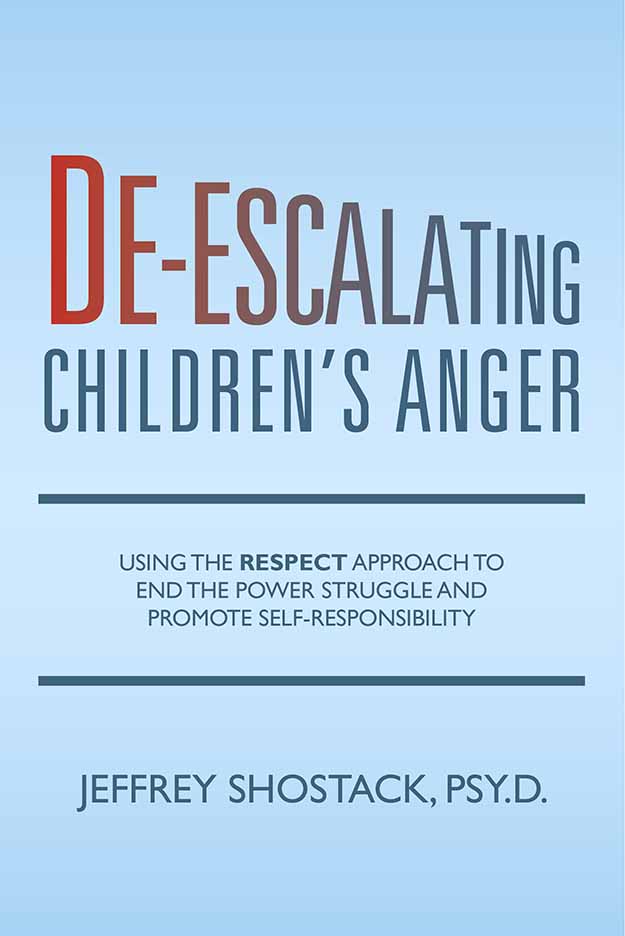
Anger is a difficult emotion for many of us, adults included. Think about how you felt when you did not get something you REALLY wanted that you thought you rightfully deserved. Are you angry yet? Or think about how you felt when someone talked to you in a way that seemed belittling, condescending, or disrespectful. Are you angry now?
Some children have special difficulties with anger that can interfere with friendships, academic success, and household peace. Sometimes these children have aggressive outbursts. Sometimes they refuse to cooperate and are labeled as defiant or oppositional. Sometimes they turn that anger inward and withdraw or experience depression. Sometimes, they act out the anger in other ways. Is there hope for these children? I am one of the psychologists at Therapy Source, and I believe there is a reason for hope. But we adults have to help them, and I go into this topic in my recently published book titled De-escalating Children’s Anger.
I first came up with the idea to write De-escalating Children’s Anger (about 100 pages) from a desire to help parents and teachers challenged by a chronically angry child. The conflicting advice can be confusing and frustrating, so I intended to shed light on how to help these children. In my work, I often see adults unintentionally compounding the problems by the actions they take to solve the problems. Despite the best of intentions, many of these adults are overwhelmed by the stress and in need of support and guidance.
In recent years, I have delved into the practice of Nonviolent Communication, as developed by Marshall Rosenberg. This approach offers the potential to have meaningful dialogue that meets the needs of both parties, even when the parties seem to be in conflict.
Part of the solution is to change how adults view these children. If we see these children or their behavior as “bad,” we will seek to punish them—and this can make the problems worse. By seeing these children as doing their very best (with the knowledge and skills they possess) to meet important needs that all people have in common, we can use effective, compassionate interventions to turn things around.
By drawing on Nonviolent Communication as well as social problem-solving, behavioral psychology, and other approaches, I describe in De-escalating Children’s Anger how to:
- Work with your own feelings triggered by angry children.
- Help the child process emotions.
- Prevent behavior problems that result from anger.
- Set effective limits without unnecessary punishment.
- Help the child learn from anger episodes.
If you apply these techniques, I believe you will be quite satisfied with the improvement in your relationship with the angry child in your life. And you may even learn something about how to deal with conflict with the adults in your life.
De-escalating Children’s Anger is available for purchase here
Jeffrey Shostack, Psy.D., is a licensed psychologist with a doctorate in clinical psychology. He is also certified in school psychology, and he works in schools and private practice.